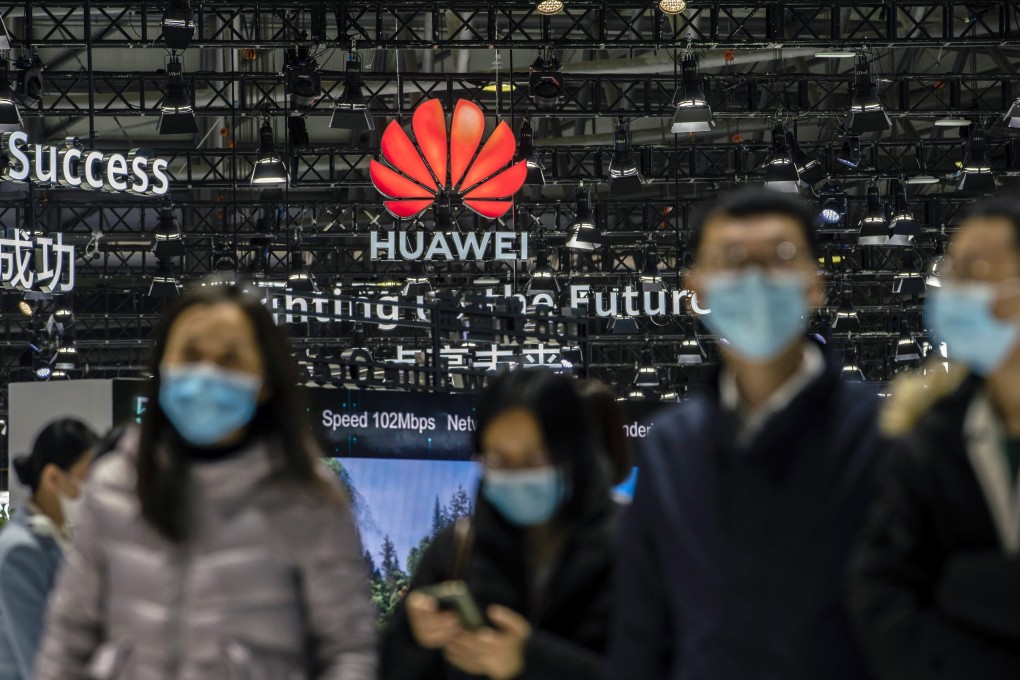Huawei to roll out self-developed Harmony OS for smartphones next month, ending its reliance on Google’s Android
- Huawei said the June 2 release of HarmonyOS 2.0 was a ‘milestone’ for the operating system that will free it from dependence on Google Android
- The company’s first product running HarmonyOS was a smart TV released under its former budget brand Honor in 2019

Chinese telecommunications giant Huawei Technologies Co will deploy its HarmonyOS operating system on smartphones early next month in the latest move to shield its core smartphone business from US trade sanctions.
In a 15-second video posted on its official Weibo account, Huawei announced that it would release HarmonyOS 2.0 on June 2. The video, tagged “HarmonyOS smartphone is coming,” did not reveal if a new Huawei smartphone would be released at the same time.
When Huawei deploys its own operating system for smartphones, it will no longer be reliant on Google’s Android OS. Android and Apple’s iOS together account for almost 99 per cent of the global market share for smartphone operating systems, according to research firm Statista.
A Huawei spokeswoman said the June 2 launch was “a milestone for HarmonyOS development”, but declined to share further details.
The Shenzhen-based company has invested tens of millions of dollars developing HarmonyOS, which works on multiple devices and mainly targets applications for the Internet of Things (IoT). This is the first time Huawei has specifically given a timeline for the deployment of HarmonyOS in smartphones.
The announcement was widely discussed in Chinese social media on Tuesday, with most netizens saying they looked forward to smartphones being equipped with China‘s own operating system.
